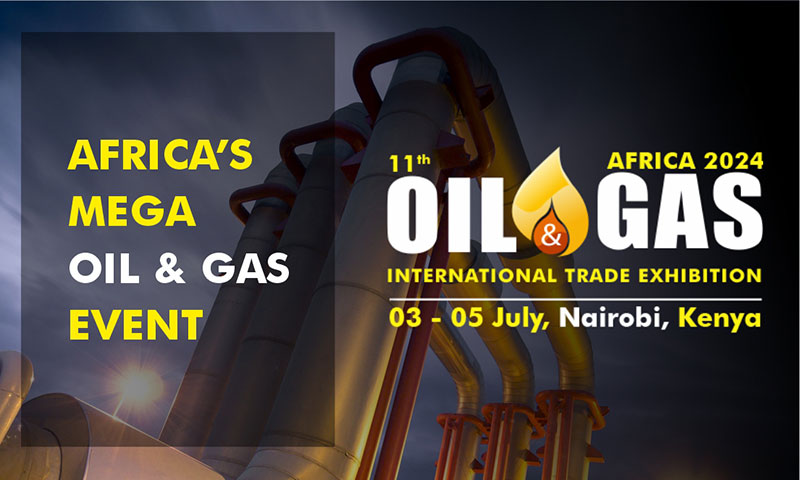

Kenya to soon start refining crude oil in Mombasa
Posted on :Friday , 12th August 2016
The country will start refining her first crude oil at the Kenya Petroleum Refinery in Mombasa in readiness for export.
To facilitate transportation from the Turkana oil fields, the Eldoret-Lokichar road is being upgraded at the cost of Sh3.2 billion.
Yesterday, President Uhuru Kenyatta chaired a special Cabinet meeting, which gave the nod to full exploration of crude oil discovered in 2012 by UK-based oil and gas exploration firm, Tullow Oil, in Turkana.
Cabinet also approved the decision to transport the up to 4,000 barrels of oil per day by road and rail to Mombasa for refining.
"The first crude oil in Kenya will be refined at the Kenya Petroleum Refinery in Mombasa, which has now been fully acquired by the Government through the Kenya Pipeline Company," a brief from Cabinet read in part.
No timelines were given for the oil production or the upgrade of the road network. The targeted road links Eldoret to the oil fields of Lokichar in Turkana.
"Also to be replaced under this plan is the Kainuk Bridge to allow for larger and heavier trucks to transport the crude oil," the Cabinet brief added.
ifferent senior officials had, however, intimated that the first crude could be produced next year, suggesting repair works on the inefficient plant could start sooner than anticipated.
It is the first time that the State has expressly announced that the Kipevu refinery will be renovated to produce petroleum.
Earlier reports had indicated that the country's crude oil would be processed abroad before being shipped back as refined product.
It is anticipated that the trucks will evacuate the crude oil from Lokichar before passing it over to the rail, which is a cheaper mode of transport. A longer term solution of moving the crude oil by pipeline was also approved in the Cabinet meeting.
"Cabinet also approved the development of the Lokichar to Lamu crude oil pipeline, which will be the main evacuation/transport route for the crude oil from Kenya in the future," said the Cabinet.
Petroleum is Kenya's single biggest import commodity, making up about 14 per cent of the total import bill. Reducing expenditure on imported petroleum would translate to massive foreign currency reserves and as a consequence, strengthen the shilling.
Please Select an Option
-
Exhibiting
-
Visiting
-
Information

Expogroup
Expogroup is a full service exhibition organiser with over 28 Years experience in International trade exhibitions. Our current portfolio includes 28 annual exhibitions from a diverse range of industries being held across the Middle East & Africa.
EXPOGROUP © 2024 | Privacy policy
